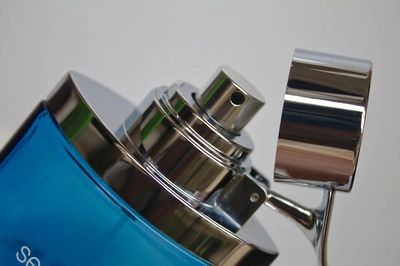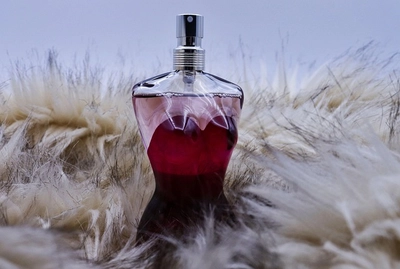Hermes Perfume's scent evolves with climate, intensifying in warmer temps as lighter notes dominate, and softening in colder climates, highlighting deeper accords. Humidity also impacts longevity, with slower evaporation in humid regions extending wear time, while drier air causes faster dissipation.
Discover how the climate significantly influences your experience with luxury fragrances, particularly Hermes Perfume. This article explores three key aspects: how varying climates impact scent intensity, the role of temperature in fragrance release, and the relationship between humidity and perfume longevity. By understanding these factors, you can maximize the joy of wearing your favorite Hermes scents worldwide.
- Climate Impact on Scent Intensity
- Temperature's Role in Fragrance Release
- Humidity and Perfume Longevity Comparison
Climate Impact on Scent Intensity

The scent of a perfume or cologne can be influenced by various factors, with climate playing a significant role. When it comes to Hermes Perfume, known for its exquisite and intricate compositions, the intensity of its fragrance can vary based on the weather and atmospheric conditions. In warmer climates, the heat accelerates the evaporation rate, leading to a more prominent and lasting scent. The lighter, fresher notes in Hermes perfumes might stand out more during these seasons, creating a vibrant aroma that lingers longer.
In contrast, colder temperatures tend to suppress the fragrance’s projection. Hermes Cologne, with its robust yet elegant profiles, may not exhibit the same level of intensity in chilly environments due to reduced evaporation. The deeper, richer accords within the cologne can still be appreciated, but they might not diffuse as broadly, making it ideal for seasons when a subtler scent is preferred.
Temperature's Role in Fragrance Release

The temperature plays a significant role in how fragrances, like those found in Hermes perfumes, are perceived. In warmer climates, the scent notes of any perfume, including Hermes Cologne, tend to unfold more intensely and quickly. This is because higher temperatures accelerate the volatilization process, causing aromatic compounds to evaporate and release their aromas faster. As a result, what might be a subtle floral note in a controlled environment may become a prominent and refreshing fragrance in a hot summer day.
Conversely, cooler temperatures can make fragrances linger longer on the skin. In colder regions, the scent may initially appear softer or more muted, but as the temperature drops, the aroma can develop deeper, richer layers. This is particularly noticeable with more complex perfumes, where notes that might be overshadowed in warmer weather reveal their subtle nuances. Thus, the climate not only influences how a perfume smells at different times of year but also enhances its overall performance and longevity.
Humidity and Perfume Longevity Comparison

When it comes to fragrance longevity, humidity plays a significant role, and this is especially noticeable with luxury perfumes like Hermes. In humid climates, such as coastal areas or hot and moist summers, the impact on perfume can be quite different compared to drier environments. The higher moisture level in the air naturally affects how fragrances evaporate and project.
In regions with elevated humidity, Hermes Perfume tends to last longer due to the slower evaporation rate of fragrance molecules. This is because the humid air acts as a protective barrier, preserving the scent for extended periods. In contrast, drier climates may result in faster evaporation, making perfumes fade quicker. As a result, choosing the right fragrance for your climate can enhance its wear time and overall enjoyment, ensuring the delicate notes of Hermes Cologne or Perfume are appreciated to their fullest.






